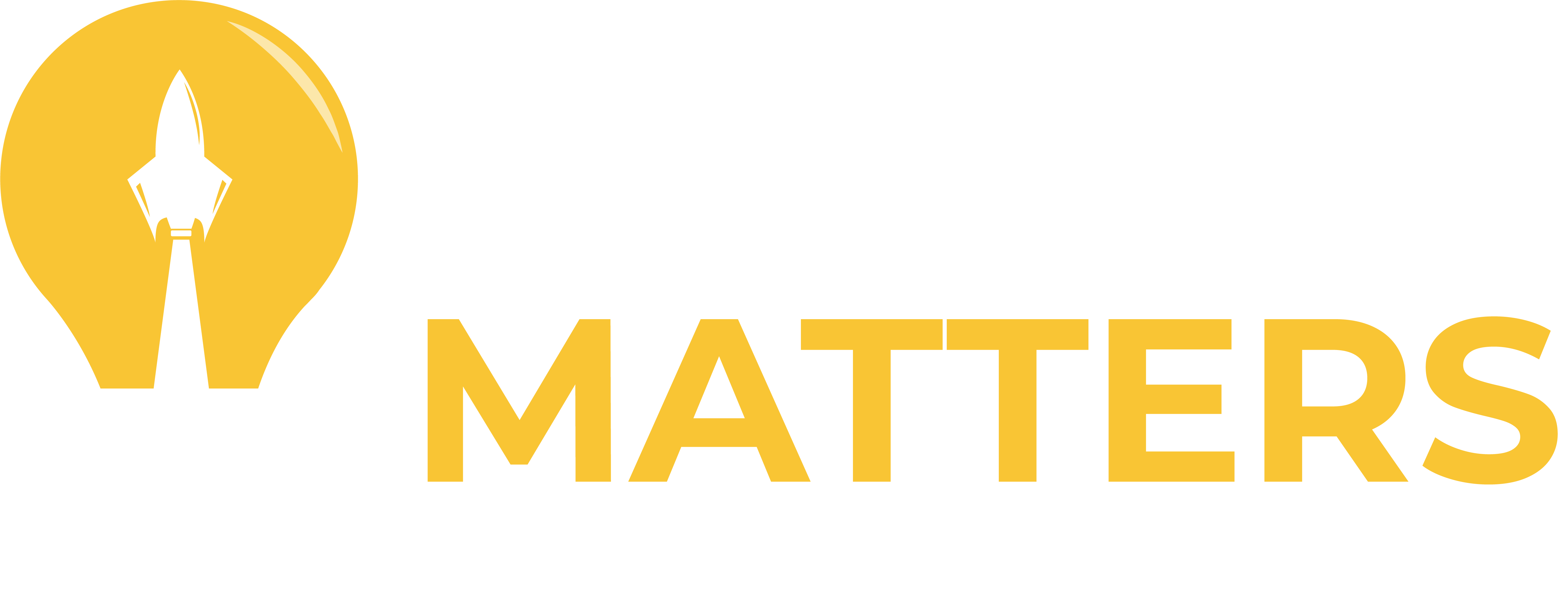In today’s dynamic world of digital marketing, one of the most effective but least used techniques in the marketer’s utility belt is tagging. In fact, choosing the right tagging strategies could drastically alter the course of your marketing campaigns, and not for the worse: Engagement, precision targeting, and return on investment all sound like something that a good tagging strategy would churn out.
- Revealing the Potential of the Use of Personalization
In essence, personalization goes beyond such simple manners as using your recipient’s first name in an email. But it is all about delivering a special, unique experience to the consumer that would match their interests and actions. Tagging enables a company to filter users by their specific actions and change interests as well as demography. You specify your audience by tagging them, and you are able to make them receive material that interests them more than anything else. For example, the e-commerce site can use the tags to group customers depending on the products that have been bought or have not been bought by them.
- Enhancing Customer Segmentation
It is noteworthy that the correct segmentation is one of the key factors in achieving the goal of marketing campaigns. Tags allow marketers to sort the audience into separate categories according to the preferences, shopping patterns, degree of interest, or geographical location. That is why targeting and communication at this level are more accurate and detailed. Mass marketing is largely replaced with more informative and specific campaigns that are in line with the segments’ preferences. For instance, in the case of a travel company, it can use tags in a manner that will see it distinguishing between adventure tourists and tourists interested in luxury accommodation, among others.
- Campaign tracking
Being aware of what makes for success and what leads to failure with the marketing strategies you embark on is essential. Tags are very useful in providing information that will enable you to know the performance of the campaigns that you are undertaking. In this way, you are able to see how various parts of your audience interact with your content by tagging the interactions and responses. This data plays an important role in finding the trends and evaluating the campaigns, as well as taking rational and evidence-based decision-making processes.
- Streamlining Content Management
The problem that arises is how to deal with the large amount of content. This is made easier by tagging that category content into appropriate categories. Through it, your team is provided with the means for efficient gathering and utilizing content while simultaneously boosting the audience’s satisfaction with your website. For instance, poorly done tagging will mean that blog readers will not be able to browse articles that interest them, resulting in short site visits.
- Enhancing Social Media Strategies
People’s engagement with an organization is highly likely to involve the social media platforms, and even here, tagging can also be used to enhance your interactions. On Instagram and Twitter, for instance, hashtags promote your posts, reaching more people and being more relevant. Staying in touch with the latest trends and choosing hashtags that will be more relevant to your content will help you to have more users and join the discussions that they might find important. However, it does not end with that because tagging influencers or partners will obviously improve the possibilities of collaboration and extend your circle.
- A/B testing and optimization
It is crucial to incorporate the A/B testing into your marketing strategies for your marketing efforts to be effective. This can be made easier through the use of tags in order to test out different tag variations and monitor their performance. For instance, it is possible to label one version of an email campaign and another as you observe which performs well. It is indeed advantageous since it offers knowledge on the matters that the audience is most likely to be keen on, hence enhancing the best practices on the possible strategies to apply.
CONCLUSION
Tags are one of the most versatile tools that can change your marketing campaigns for the better as far as personalization and segmentation, content management, and automation are concerned. With the help of tags, you can launch better, more focused, and relevant campaigns that will generate the desired outcome and gather valuable data. When it comes to digital marketing, effective use of tagging strategies is not just a recommendation – it’s a revelation.








